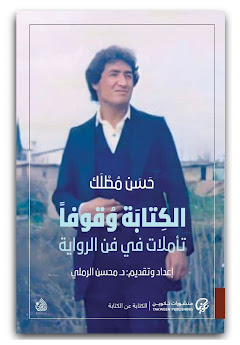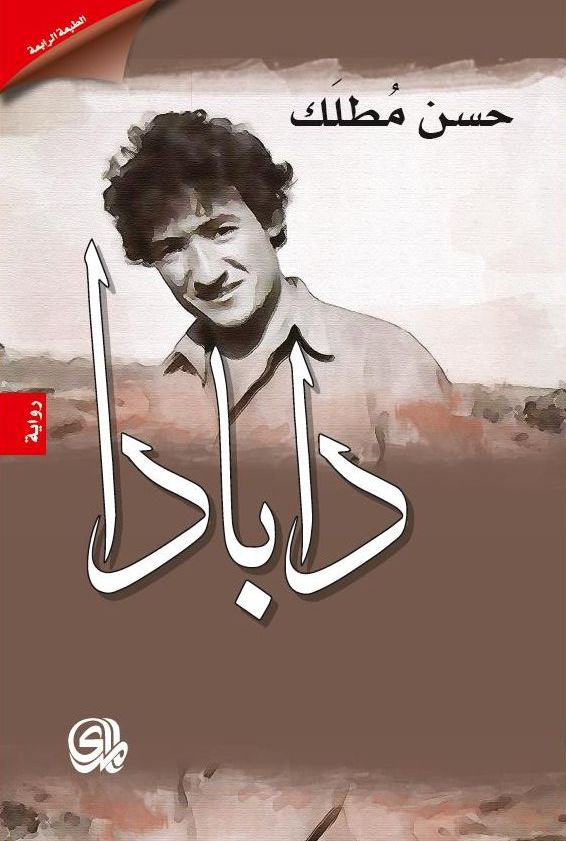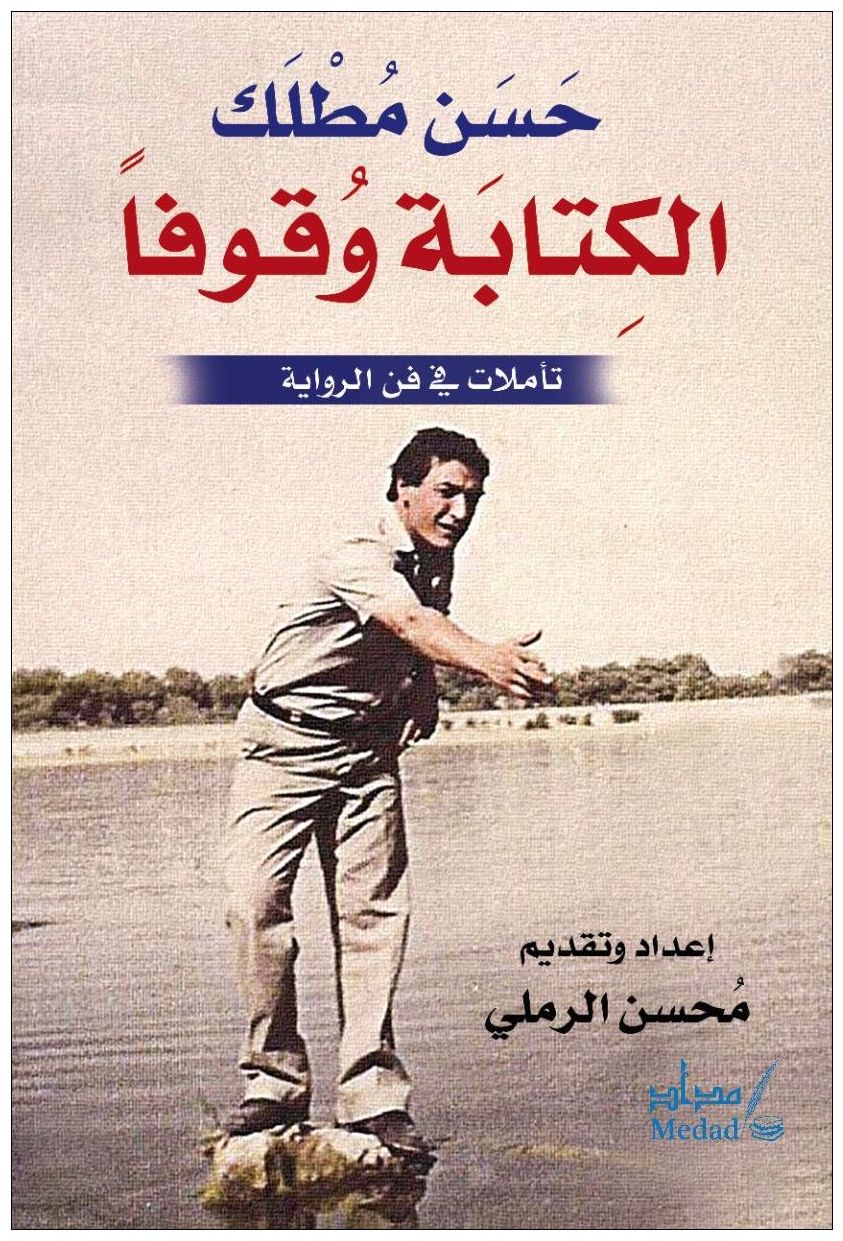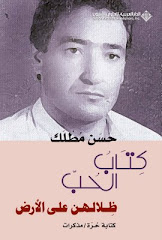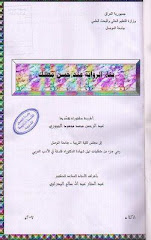
Hassan Mutlak
Masks
The poet is someone who writes a poem only to misplace it later.
Look,
"Hegel" is a great man
For he lost the philosophy
"Gaston Bachelard" did not find
Because he looked at the ceiling upside down
And thought of thinking,
Because the irony was still standing
They all died ...
Only those sophists men
Lost knowledge
By never speaking of it
They are great
For they admitted earlier
The sound of the sparrow
Is louder than Aristotle
-----------------------------------
The names of the night
I think I love you
* * *
The sky is high
And barking ascends from all around
Croaking in the ponds
And when the wolves howl
That is the time for insects to wake up
Evil is an idea
Love is the bread instinct
And one has only to cry between the two pillars
Freedom has a black taste, like trees
And the female is a release from slavery and the devil
Oh, positive cold
Croaking
Headache
Which one of us knows the other's cure?
And who glorifies his companion in the prayers?
The moon has fallen down in the swamp
Where the anthem of frogs started
We both fell in the bed
Glorifying each other's wounds
Yet,
The lightening
Rustling
Lust
And the harping are of the names of the night
------------------------------------------------
Countryside song
Grasshoppers landed on fire
Then the bags, calculators, women, the sheep and the axe
The scythe was there too ;
Hamdan is a thorn before T. V.
The wrinkles and the slopes are there
It happens that we get divided by "hello" .
We cross hearts to come back to us
Whenever the streets get us lost
The woman is a thorn
The bed is the bones of dead animals
The grasshoppers are precious
Like coffee
The sheep is ------?
* * *
Hamdan is amongst us
Farms land on his shoulders
So, he dreams of the Amazon
He is these faraway farms
And the eggs of partridges .
-------------------------------
Ishtar
Ishtar,
My daughter:
From the faraway exile
I write the smashed poem
For you, the lady of the beautiful shores
Winds and soldiers surround old Babylon
Ever since I was exiled,
I lived in a state of missing you
And to hug your mother "Aphrodite"
Ishtar
Ishtar
The little ones all went away
All went away
--------------------------------------------------------------------------------
Hassan Mutlak (1961-1990) an Iraqi writer, painter and poet. He was born in Isdeera village at the north of Iraq .He holds a B.A. in education and psychology from the University of Mosul. He made many painting exibitions and was awarded many prizes in short story. He issued with a group of friends, (THE EDUCATOR) magazine. He worked as a teacher at the Teachers Institute in Kirkuk, and a principal for many high schools. His novel "Dabada", the peak of his literary works, was published in 1988.
Mutlak was hanged at the 18th. of July, 1990 for participating in a military coup against the dictator of Iraq. This had many intellectuals to call him "the Lorca of Iraq". His other literary works include "the Power of Laughter in Ura", "the Fictional Works", "the Book of Love: their shadows on earth" and "Masks: me, you and the homeland".
 picture of Hassan Mutlak
picture of Hassan Mutlak


 Hassan Mutlak, and before being executed by Saddam regime, had signed a copy of his novels to Dunya Michail who kept asking about him when he dissapeared. So let me tell you about Dyam, the protagonist in Hassan Mutlak’s novel “The Power of Laughter in Ura”:
Hassan Mutlak, and before being executed by Saddam regime, had signed a copy of his novels to Dunya Michail who kept asking about him when he dissapeared. So let me tell you about Dyam, the protagonist in Hassan Mutlak’s novel “The Power of Laughter in Ura”:



